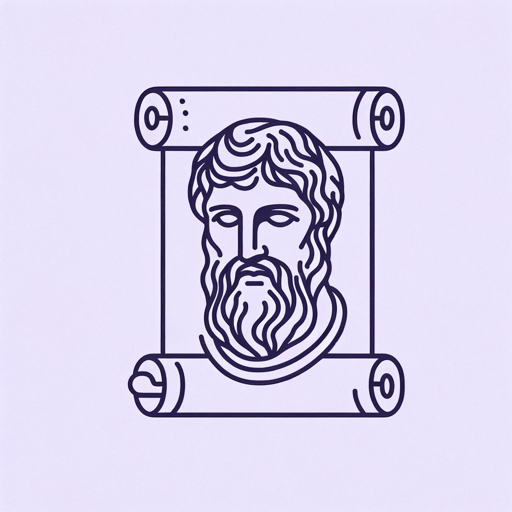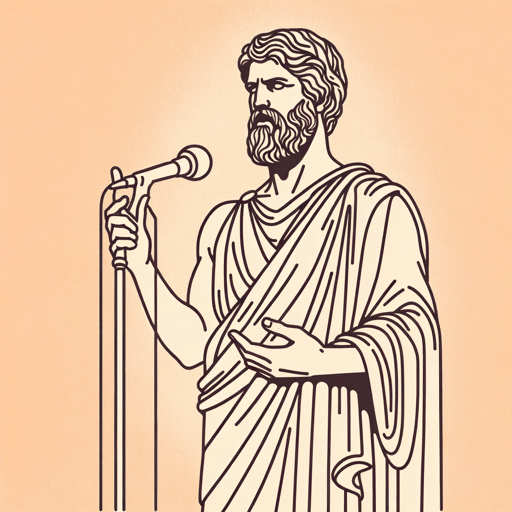48 pages • 1 hour read
Ryan HolidayEgo Is the Enemy: The Fight to Master Our Greatest Opponent
Nonfiction | Book | Adult | Published in 2016A modern alternative to SparkNotes and CliffsNotes, SuperSummary offers high-quality Study Guides with detailed chapter summaries and analysis of major themes, characters, and more.
Part 3-EpilogueChapter Summaries & Analyses
Part 3: “Failure”
Part 3, Preamble Summary
Katharine Graham inherited her father’s company, the newspaper The Washington Post, and allowed her husband to manage it. Unfortunately, her husband became mentally ill and made poor business decisions. He later died by suicide, leaving Graham with the task of rebuilding the business. In addition to facing a skeptical board, Graham was bullied by the Nixon administration for publishing articles critical of the government. Moreover, the Post’s stock price was low and the printer’s union went on strike, crippling the paper financially. Frightened investors began to sell their shares in the company, and Graham decided to spend company money buying back these shares.
In spite of all these challenges, Graham persevered, and the newspaper won the Pulitzer for its reporting on the Watergate scandal. Ultimately, the newspaper became a financial success, as Graham’s stock buybacks made the company billions of dollars. Holiday praises Graham’s “confidence and a willingness to endure” to save the company when she could have given up and sold it (166).
Related Titles
By Ryan Holiday
Featured Collections
Business & Economics
View Collection
Challenging Authority
View Collection
Philosophy, Logic, & Ethics
View Collection
Popular Book Club Picks
View Collection
Power
View Collection
Pride & Shame
View Collection
Self-Help Books
View Collection
The Power & Perils of Fame
View Collection



